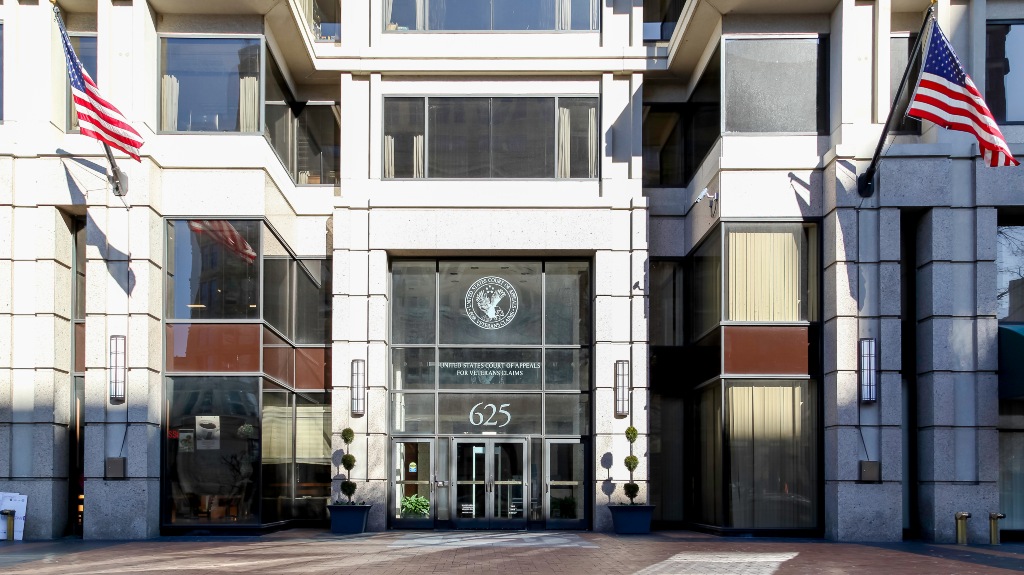Once you submit a VA appeal, you might be wondering, “How long until I find out my decision?.” The answer? It varies. The time it takes from submitting your appeal to receiving a decision depends on several factors, including the type of appeal and the specifics of your case. Here we will explore the different types of appeals and how their processes and timelines can differ. From higher-level reviews to supplemental claims and appeals to the Board of Veterans’ Appeals (BVA).
Types of Appeals and Their Timelines
- Higher-Level Review: A Higher-Level Review focuses on whether the original decision was correct based on the evidence already in the file. The VA aims to complete a Higher-Level Review within approximately 90 days, depending on the case’s complexity.
- Supplemental Claim: If you have new and relevant evidence that wasn’t part of the original claim decision, you can file a Supplemental Claim. On average, this typically takes four to five months, also depending on complexity.
- Board of Veterans’ Appeals: The Board of Veterans’ Appeals handles appeals from veterans who disagree with decisions made by the VA. This usually takes 1.5 years depending on if new evidence was submitted.
- Appeal to the Court of Appeals for Veterans Claims: If you disagree with the decision made by the Board of Veterans’ Appeals, you have the option to appeal to the Court of Appeals for Veterans Claims. This typically takes about a year to receive a decision.
Factors Affecting Appeal Duration
- Complexity of the Case: The complexity of your appeal can significantly impact how long it takes to resolve. Cases involving complicated legal or medical issues often require more detailed review and analysis. This extended review time can delay the final decision.
- Backlog and Workload: The volume of appeals and the workload of the VA office handling your case can also affect processing times. The VA, BVA, and Court of Appeals for Veterans Claims (CAVC) often have significant backlogs due to the high number of appeals they handle. This can also extend the decision time for your case.
- Additional Evidence and Documentation: When new evidence is added to your case, it may require additional time for review. This can involve requesting records, obtaining expert opinions, or verifying the new information. While additional evidence can strengthen your appeal, it can also extend the processing time.
Waiting For a Decision
Navigating the VA appeals process can be challenging, particularly because it can involve long waiting periods. Here are some tips on how to cope with the waiting period:
- Understand the Process: Educate yourself on the stages of the appeal process and average timeframes. Knowing what to expect can help provide a clearer picture of what this process will look like.
- Be Patient: Appeals can take anywhere from several months to over a year, depending on various factors. Patience is key during this period, and acknowledging that delays are a normal part of the process.
- Stay Organized and Informed: Keep track of all correspondence, documents, and deadlines related to your appeal. This ensures that you’re prepared for any additional steps or requests. You can also check the status of your application on the VA’s online portal, eBenefits.
Seek Legal Help With Your Appeal
Filing an appeal can be a long and frustrating experience when you’re trying to receive the benefits you are entitled to. If you need help filing an appeal, contact Veteran Esquire Legal Solutions, PLLC. In most instances when appealing to the VA regional office or Board of Veterans Appeals, the Firm structures fee agreements so that you only pay if the VA grants your claim.

